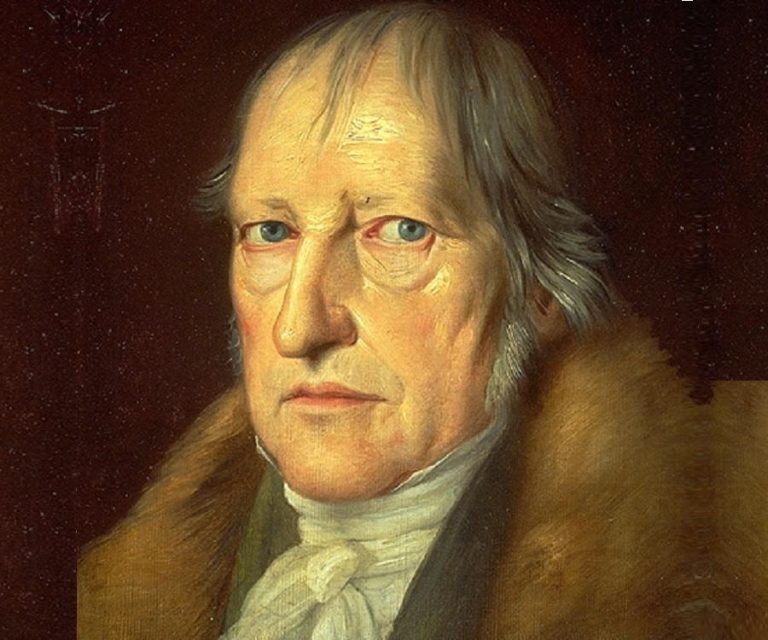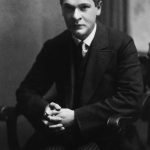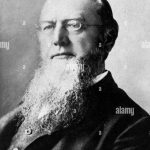Date of Birth: August 27, 1770
Zodiac Sign: Virgo
Date of Death: November 14, 1831
Biography
Georg Wilhelm Friedrich Hegel was a prominent German philosopher born on August 27, 1770, in Stuttgart, Württemberg, Holy Roman Empire. He is considered one of the most influential figures in Western philosophy and is known for his contributions to German Idealism. Hegel’s work has had a profound impact on a wide range of philosophical disciplines, including metaphysics, epistemology, ethics, and political theory. Hegel studied at the Tübinger Stift, where he became friends with fellow philosophers Friedrich Hölderlin and Friedrich Schelling. After his studies, he worked as a tutor and then as an editor before securing a position as a philosophy professor at the University of Jena. It was during his time at Jena that he published his seminal work, “The Phenomenology of Spirit” (1807), which explores the development of human consciousness and self-awareness. Following the Napoleonic Wars, Hegel held various academic posts, including a professorship at the University of Heidelberg and later at the University of Berlin. His major works during this period include “Science of Logic” (1812-1813), “Encyclopaedia of the Philosophical Sciences” (1817), and “Elements of the Philosophy of Right” (1820). Hegel’s dialectical method, which involves the resolution of contradictions through synthesis, has been influential in various fields, including history, politics, and theology. He is often associated with the concept of the “world spirit” and the idea that history unfolds through a rational process. Hegel died on November 14, 1831, in Berlin, Prussia, leaving behind a legacy that would influence later philosophers such as Karl Marx, Friedrich Engels, and many others.
5 Interesting Facts about Georg Wilhelm Friedrich Hegel
1. Hegel’s “Phenomenology of Spirit” is considered one of the most challenging and profound philosophical texts ever written.
2. Hegel developed the dialectical method, which involves the triadic process of thesis-antithesis-synthesis.
3. He believed that the rational development of history is guided by the “world spirit.”
4. Hegel’s philosophy significantly influenced the development of Marxism, existentialism, and critical theory.
5. Hegel was a contemporary and friend of the poet Friedrich Hölderlin and philosopher Friedrich Schelling.
5 Most Interesting Quotes from Georg Wilhelm Friedrich Hegel
1. “The owl of Minerva spreads its wings only with the falling of the dusk.”
2. “What is rational is real; And what is real is rational.”
3. “We learn from history that we do not learn from history.”
4. “Freedom is the insight into necessity.”
5. “Nothing great in the world has been accomplished without passion.”
Highest Net Worth Achieved
N/A (Hegel lived in an era where philosophers typically did not accumulate significant wealth comparable to modern standards)
Children
Georg Wilhelm Friedrich Hegel had three children: 1. Karl Friedrich Wilhelm Hegel (1813-1901) – He became a historian. 2. Immanuel Thomas Christian Hegel (1814-1891) – A government official. 3. Ludwig Fischer (1807-1831) – An illegitimate son from an earlier relationship, who died young.
Relevant Links
1. [Stanford Encyclopedia of Philosophy – Hegel](https://plato.stanford.edu/entries/hegel/
2. [Internet Encyclopedia of Philosophy – Hegel](https://iep.utm.edu/hegel/
4. [Hegel’s Science of Logic](https://www.marxists.org/reference/archive/hegel/works/hl/hlfront.htm


